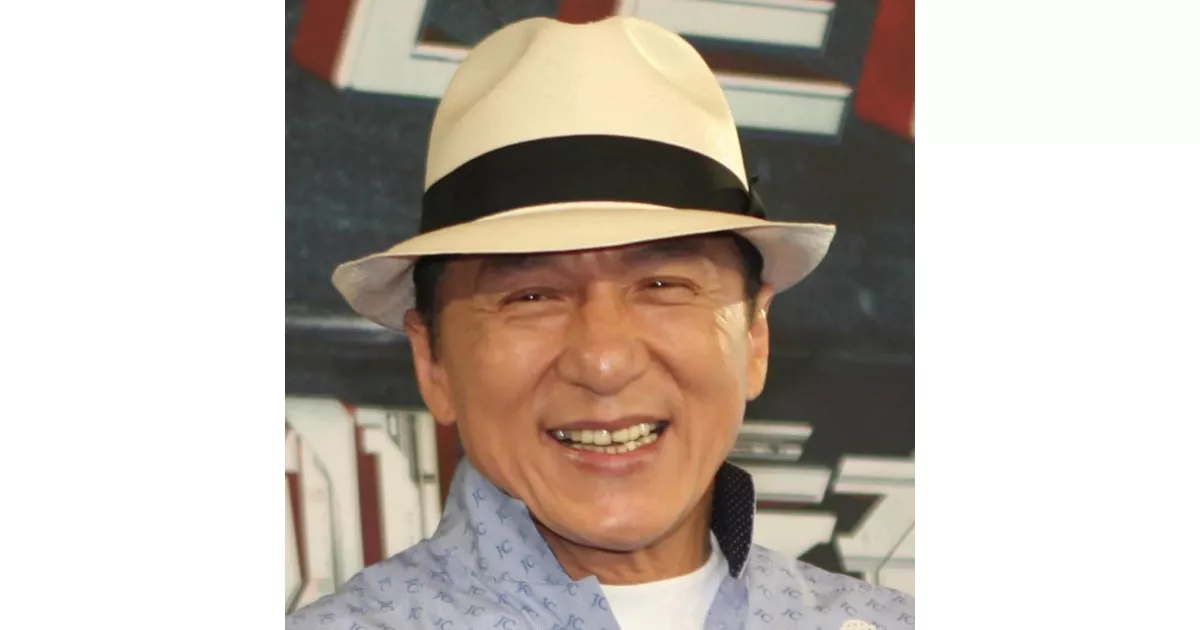How education and upbringing influenced the life of Jackie Chan. A timeline of key moments.
Jackie Chan, born Fang Shilong, is a highly influential Hong Kong martial artist, actor, and filmmaker. Renowned for his acrobatic fighting style, comedic timing, and self-performed innovative stunts, Chan has had a film career spanning over six decades. He is considered a cinema icon, with his films grossing over $6 billion globally.
1988: Founding of the Jackie Chan Charitable Foundation
In 1988, Jackie Chan founded the Jackie Chan Charitable Foundation to provide scholarships and aid to young people in Hong Kong and support victims of natural disasters or illnesses.
1989: Performance at Concert for Democracy in China
In 1989, Jackie Chan performed at the Concert for Democracy in China in support of democratic movement during the 1989 Tiananmen Square protests.
January 1999: Birth of Etta Ng Chok Lam and Affair Revelation
In January 1999, Elaine Ng Yi-Lei gave birth to Jackie Chan's daughter, Etta Ng Chok Lam. Shortly before Etta's birth in January 1999, Ng publicly revealed Chan as the father, which sparked a scandal.
2002: Elaine Ng moves to Shanghai
In 2002, Elaine Ng, Jackie Chan's extramarital partner, moved from Hong Kong to Shanghai with their daughter. This move in 2002 attracted media attention to their financial struggles, family conflicts, and mental health issues.
March 2004: Controversial Comment on Taiwanese Election
During a news conference in Shanghai on 28 March 2004, Jackie Chan referred to the recently concluded 2004 Taiwanese presidential election as "the biggest joke in the world".
2004: Campaigning for Disaster Relief Efforts
In 2004, Jackie Chan championed disaster relief efforts for floods in mainland China and the Indian Ocean tsunami.
2004: Launch of Clothing Line
In 2004, Jackie Chan launched his own line of clothing, featuring a Chinese dragon logo and the word "Jackie" or the initials "JC", and runs a sushi restaurant chain called Jackie's Kitchen and Jackie Chan's Cafe.
2005: Participation in Hong Kong Disneyland Opening
In 2005, when Hong Kong Disneyland opened, Jackie Chan participated in the opening ceremony.
June 2006: Pledge to Donate Half His Assets to Charity
In June 2006, Jackie Chan pledged to donate half of his assets to charity upon his death, inspired by Warren Buffett and Bill Gates.
March 2008: Guest of Honour at Jackie Chan Science Centre Launch
In March 2008, Jackie Chan was the guest of honour for the launch of the Jackie Chan Science Centre at the John Curtin School of Medical Research of the Australian National University.
June 2008: Protests at Taipei Airport
In June 2008, police and security personnel separated Jackie Chan from scores of protesters shouting "Jackie Chan, get out" when he arrived at Taipei airport.
2008: Participation in 2008 Summer Olympics Torch Relay
In 2008, Jackie Chan spoke out against demonstrators who disrupted the torch relay for the 2008 Summer Olympics in Beijing, warning that "publicity seekers" planning to stop him from carrying the Olympic Torch "not get anywhere near" him.
April 2009: Questioning Broad Freedom
In April 2009, Jackie Chan questioned whether broad freedom is a good thing during a panel discussion at the Boao Forum for Asia, expressing the sentiment that Chinese people need to be controlled, which sparked controversy.
2009: Named an "anti-drug ambassador"
In 2009, Jackie Chan was named an "anti-drug ambassador" by the Chinese government, actively taking part in anti-drug campaigns.
February 2010: Opening of Jackie Chan-Yaolai International Cinema
In February 2010, the first Jackie Chan-Yaolai International Cinema opened as the largest cinema complex in China, with 17 screens and 3,500 seats.
2010: Brand Ambassador for Kaspersky Lab
In 2010, Jackie Chan became the brand ambassador for Kaspersky Lab's antivirus software in Asia.
April 2011: Headlining Charity Concert for Japan Disaster Relief
On April 1, 2011, Jackie Chan headlined a charity concert, Artistes 311 Love Beyond Borders, to aid Japan's disaster recovery effort, raising over $3.3 million.
2011: Expansion of Dragon's Heart Foundation to Europe
In 2011, the Dragon's Heart Foundation, founded by Jackie Chan, expanded its reach to Europe.
December 2012: Criticism of Hong Kong and the United States
In December 2012, Jackie Chan criticized Hong Kong as a "city of protest" and suggested limiting demonstrators' rights. That same month, he stated that the United States was the "most corrupt" country, which angered many people.
June 2013: Response to Death Hoax
On 25 June 2013, Jackie Chan responded to a hoax Facebook page created a few days earlier that alleged he had died, commenting: "If I died, I would probably tell the world!"
November 2013: Statue Unveiled in front of JC Film Gallery
In November 2013, a statue of Jackie Chan was unveiled in front of what is now known as the JC Film Gallery.
2013: Member of the National Committee of the Chinese People's Political Consultative Conference
In 2013, Jackie Chan became a member of the National Committee of the Chinese People's Political Consultative Conference, representing the "Literature and Arts" sector.
2013: Delegate to the National Committee
Since 2013, Jackie Chan has been a pro-China politician, having served two terms as a delegate to the National Committee of the Chinese People's Political Consultative Conference, China's political advisory body.
2014: Son's Arrest for Cannabis Use
In 2014, when Jackie Chan's own son Jaycee was arrested for cannabis use, he said that he was "angry", "shocked", "heartbroken" and "ashamed" of his son.
2014: Opening of the JC Film Gallery
In the spring of 2014, the JC Film Gallery opened.
March 2015: Meeting with David Cheng and Interest in Motorsports
In March 2015, Jackie Chan met David Cheng, expressing his interest in motorsports and raising the possibility of starting a racing team together.
April 2016: Named in the Panama Papers
In April 2016, Jackie Chan was named in the Panama Papers for having up to six different offshore accounts, likely for tax shelters, though he was not accused of illegal activity.
2016: Formation of Baxi DC Racing Alpine
In 2016, Jackie Chan partnered with David Cheng to form Baxi DC Racing Alpine, the first mainland China-based operation in WEC (World Endurance Championship).
2016: California Fitness Failure Blamed on the Jackie Chan Curse
In 2016, the failure of the fitness chain California Fitness was attributed to the "Jackie Chan curse", an urban legend.
January 2017: Donation to Thailand Flood Victims
In January 2017, Jackie Chan donated $65,000 to help flood victims in Thailand.
2017: Jackie Chan DC Racing wins its class at Le Mans
In 2017, Jackie Chan DC Racing became the first Chinese team to win its class (LMP2) at the 24 Hours of Le Mans.
2017: Chan's Response to Daughter's Coming Out
In 2017, Jackie Chan refused to provide any assistance to his daughter, Etta Ng Chok Lam, according to her lawyer. Also in 2017, when asked about her coming out as lesbian, he replied: "As long as she's happy."
2019: Criticism of Hong Kong Anti-Extradition Bill Protests
In 2019, Jackie Chan criticized Hong Kong anti-extradition bill protests and voiced his support for the National People's Congress decision on Hong Kong national security legislation.
2020: Wax Figure at Madame Tussauds New York
In 2020, a wax figure of Jackie Chan was revealed at Madame Tussauds New York.
2021: Expressed desire to join the Chinese Communist Party
By 2021, in contrast to his prior democratic stance, Jackie Chan expressed his desire to join the Chinese Communist Party.
2021: Evergrande Group Losses Follow Chan's Promotion
In 2021, Evergrande Group suffered major losses after Jackie Chan promoted Evergrande Spring brand bottled water, further invoking the "Jackie Chan curse".
2023: End of term as Member of the National Committee
In 2023, Jackie Chan completed his second term as a member of the National Committee of the Chinese People's Political Consultative Conference, representing the "Literature and Arts" sector since 2013.
January 2026: ADHD Revelation
In January 2026, Jackie Chan revealed that he has attention deficit hyperactivity disorder (ADHD).
Mentioned in this timeline
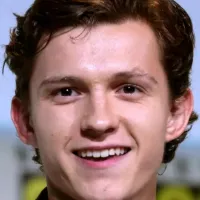
Tom Holland is a highly successful English actor known for...
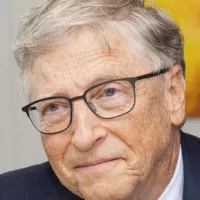
Bill Gates an American businessman and philanthropist revolutionized personal computing...
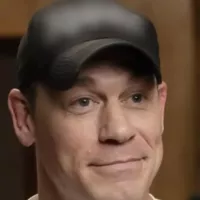
John Cena is an American actor and professional wrestler renowned...
PlayStation is a video game brand by Sony Interactive Entertainment...
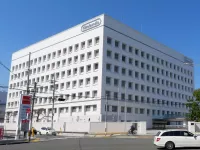
Nintendo is a Japanese multinational video game company based in...
Facebook is a social media and networking service created in...
Trending
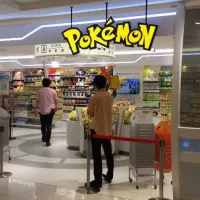
49 minutes ago Official Pokémon LEGO Sets Launch Worldwide on Pokémon Day 2026!
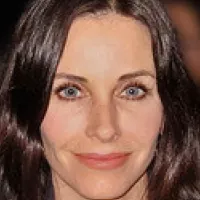
49 minutes ago Scream 7 Premiere Sees Protests After Melissa Barrera's Firing; Cast Reunites.

50 minutes ago Stock market plunges after PPI inflation data; Dow, S&P 500, Nasdaq decline.
50 minutes ago US advises embassy staff to leave Israel amid Iran strike threats, urging speed.
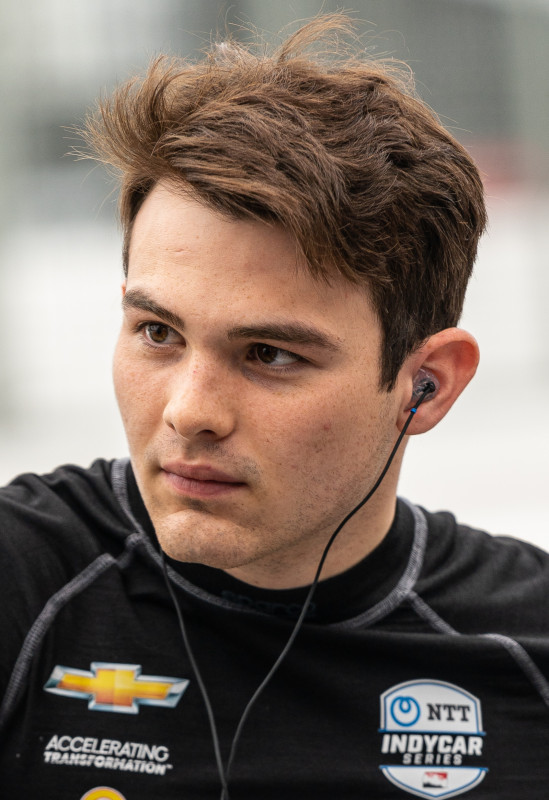
50 minutes ago IndyCar Season Opens in St. Petersburg: O'Ward and Palou in Focus.

50 minutes ago Norah O'Donnell Back on CBS Mornings, Highlights Women in 'We the Women'
Popular

Jesse Jackson is an American civil rights activist politician and...

Barack Obama the th U S President - was the...

Susan Rice is an American diplomat and public official prominent...

XXXTentacion born Jahseh Dwayne Ricardo Onfroy was a controversial yet...

Michael Joseph Jackson the King of Pop was a highly...

Kashyap Pramod Patel is an American lawyer who became the...
